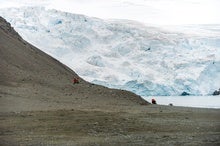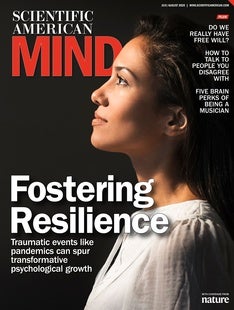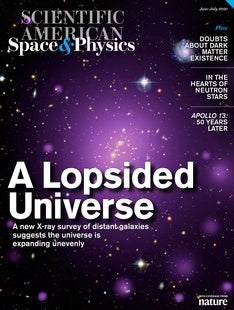 |
| June 30, 2020 |
Dear Reader,
Here are highlights from today's top stories: - The South Pole is warming at a rate nearly three times faster than the global average, scientists have discovered. And much of that warming is linked to climate cycles happening thousands of miles away in the tropics.
- Doctors often suggest losing weight to address health concerns. But focusing on body size often harms more than it helps. Some doctors are moving away from a weight-centric approach to focus on prescribing healthier behaviors.
- A team of physicists has outlined a way to build a portable gravitational detector that is only one meter long—4,000 times smaller than LIGO.
|
| | Sunya Bhutta, Senior Editor, Audience Engagement
@sunyaaa | |
 |
| |
| |
| |
| |
| |
| |
| Climate Animal Migrations Track Climate Change Many species are known to have changed their migration routes in response to the changing climate, now including mule deer and Bewick's swans. |  | By Scott Hershberger | 02:51 | | | |
| Physics The Science of Fireworks We take you inside a single fireworks shell to show you how it all works. If you want to glimpse more than just the inner workings of one fireworks shell, you should check out this post by the SA Visuals team on its long, explosive history inside the pages of Scientific American. |  | 1:05 | | | |
FROM THE STORE
 | | | |
| |
FROM THE ARCHIVE
 | | | |
LATEST ISSUES
 |
| |
| Questions? Comments?  | |
| Download the Scientific American App |
| |
| |





















Comments
Post a Comment